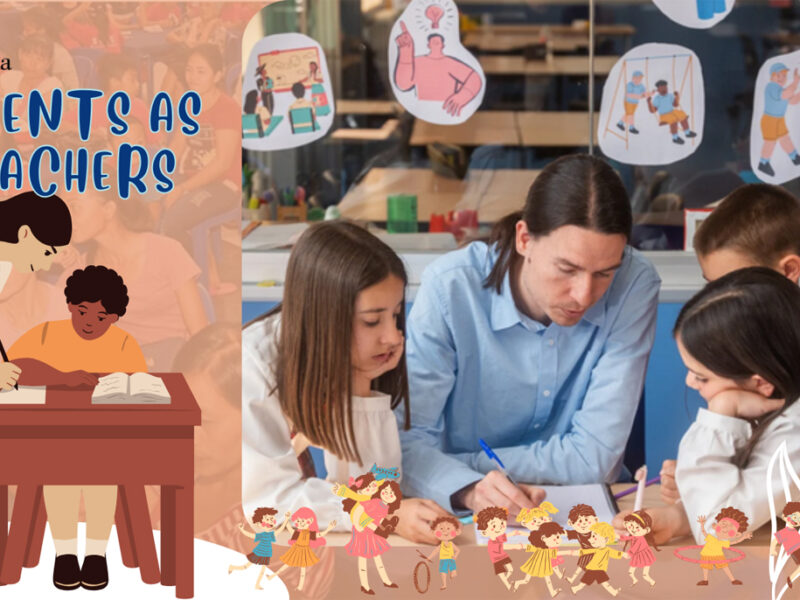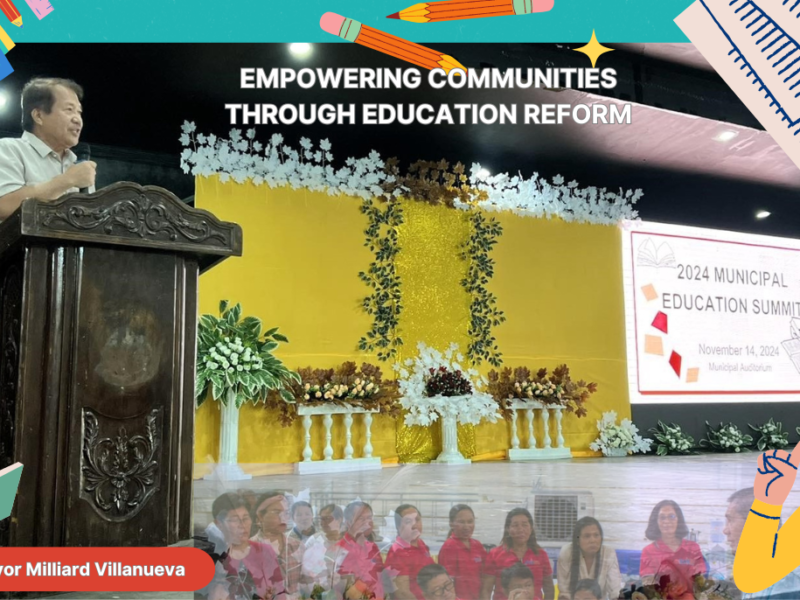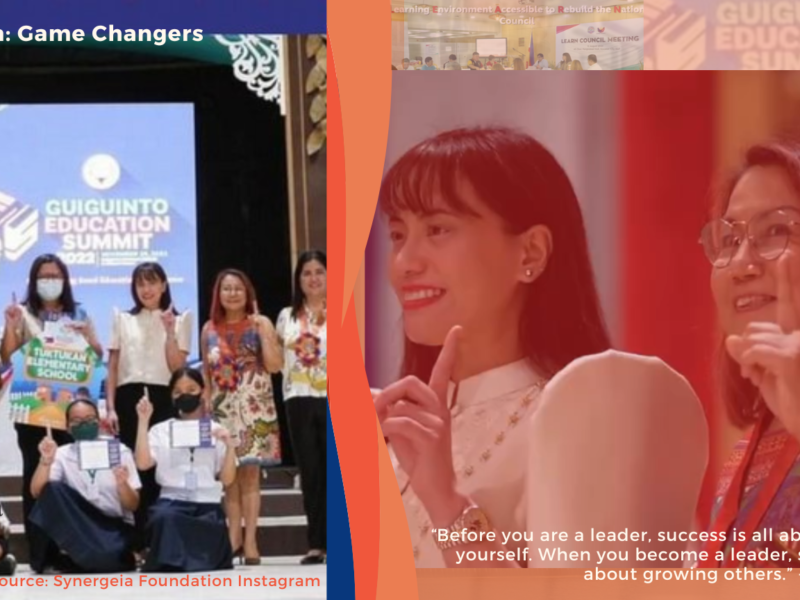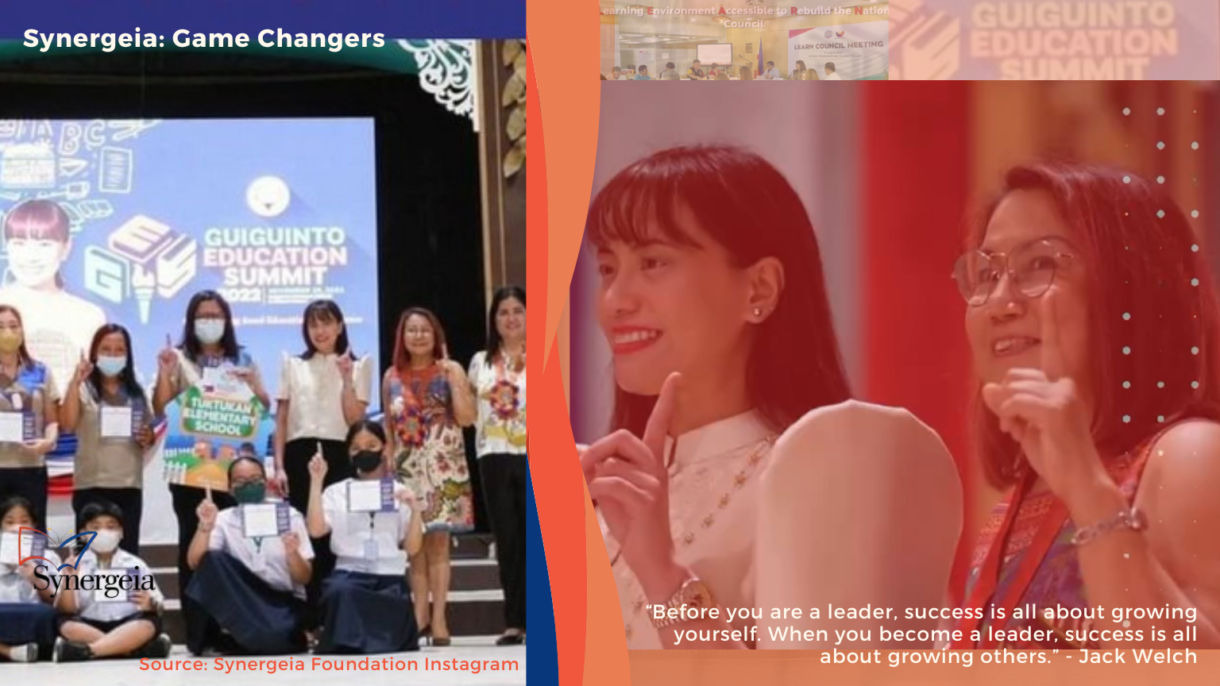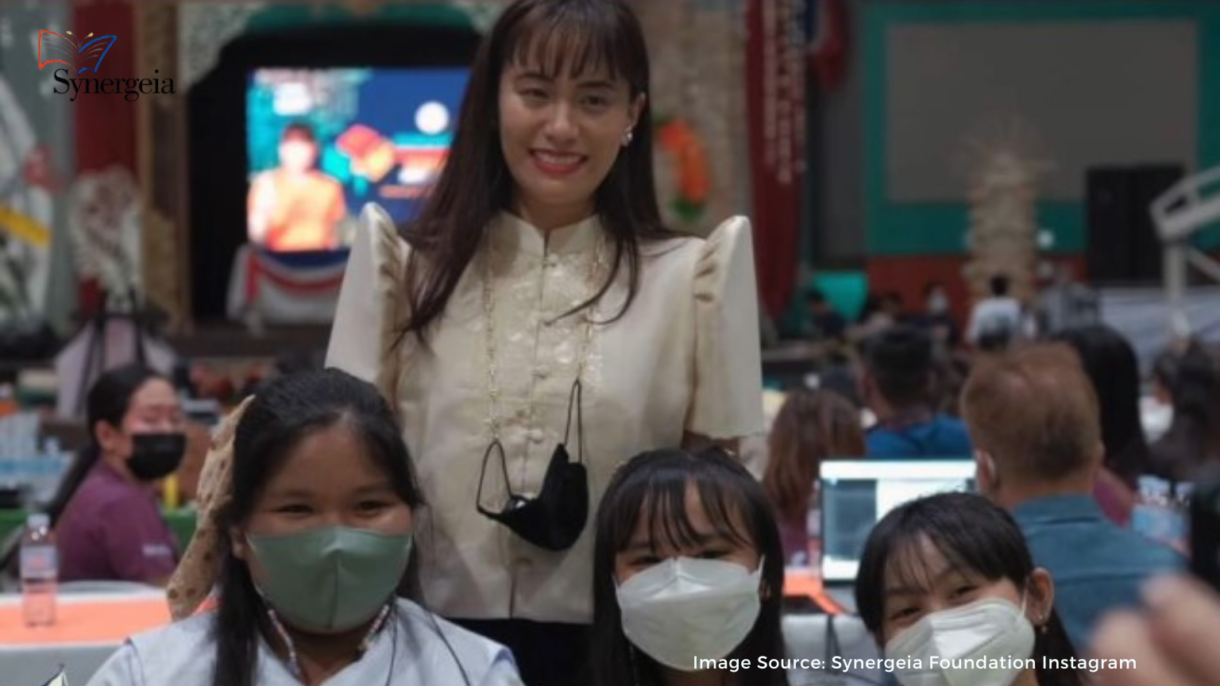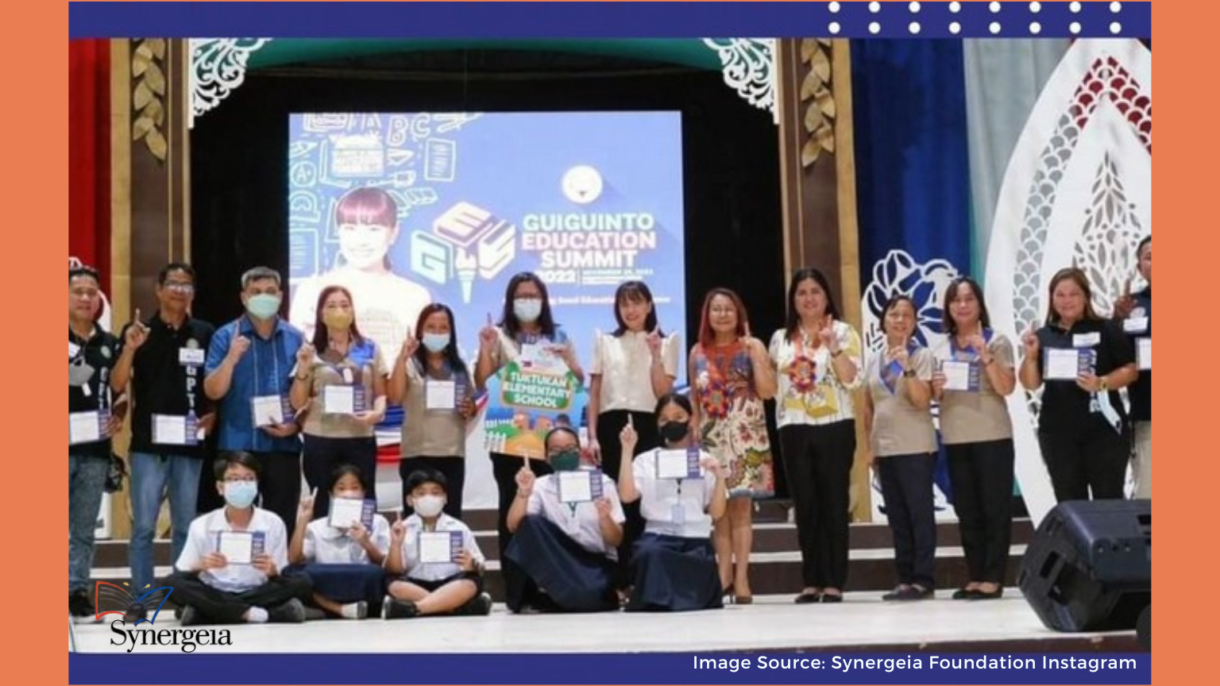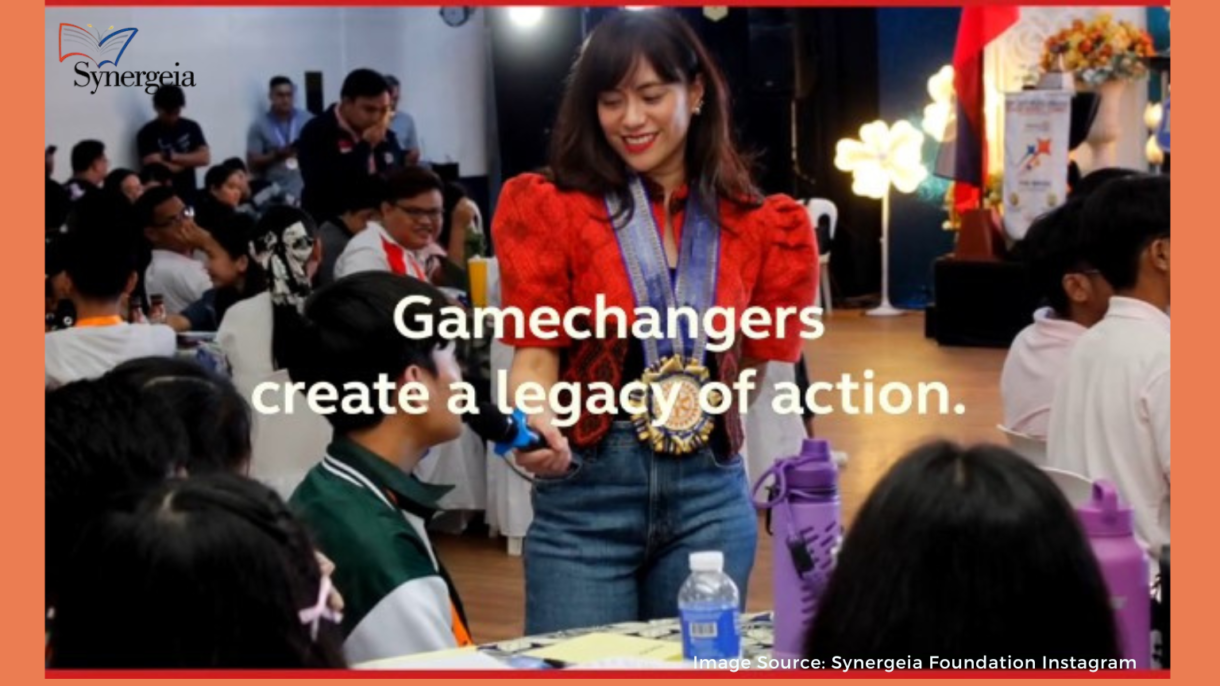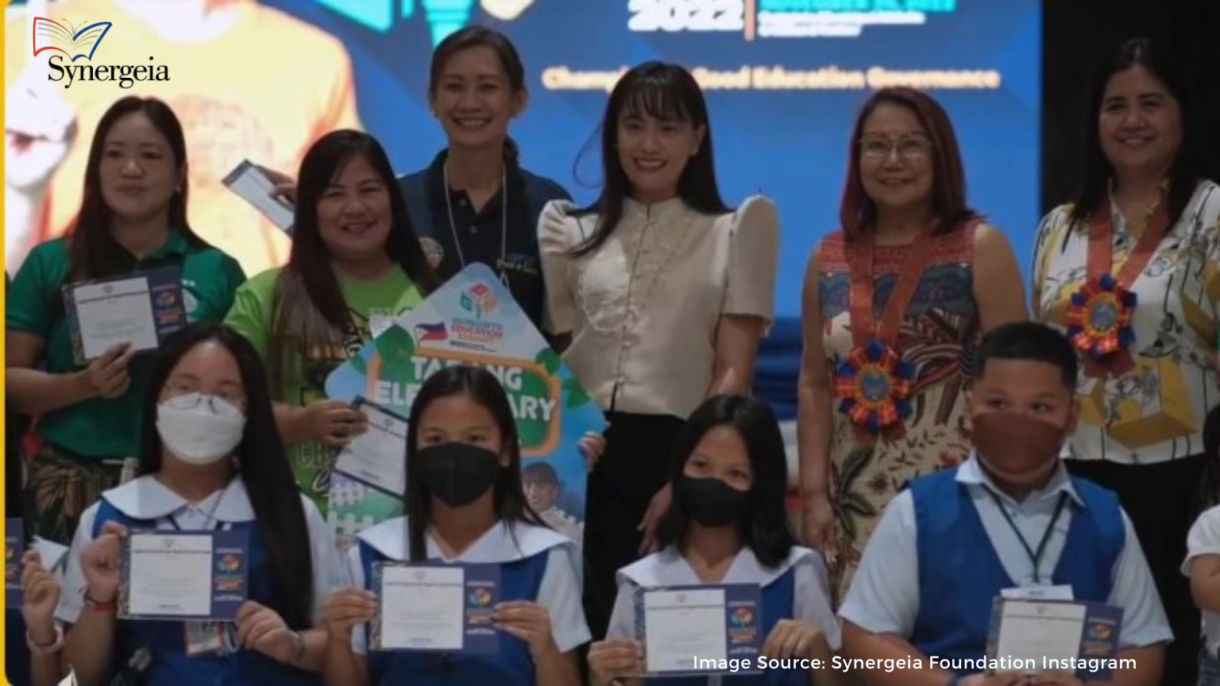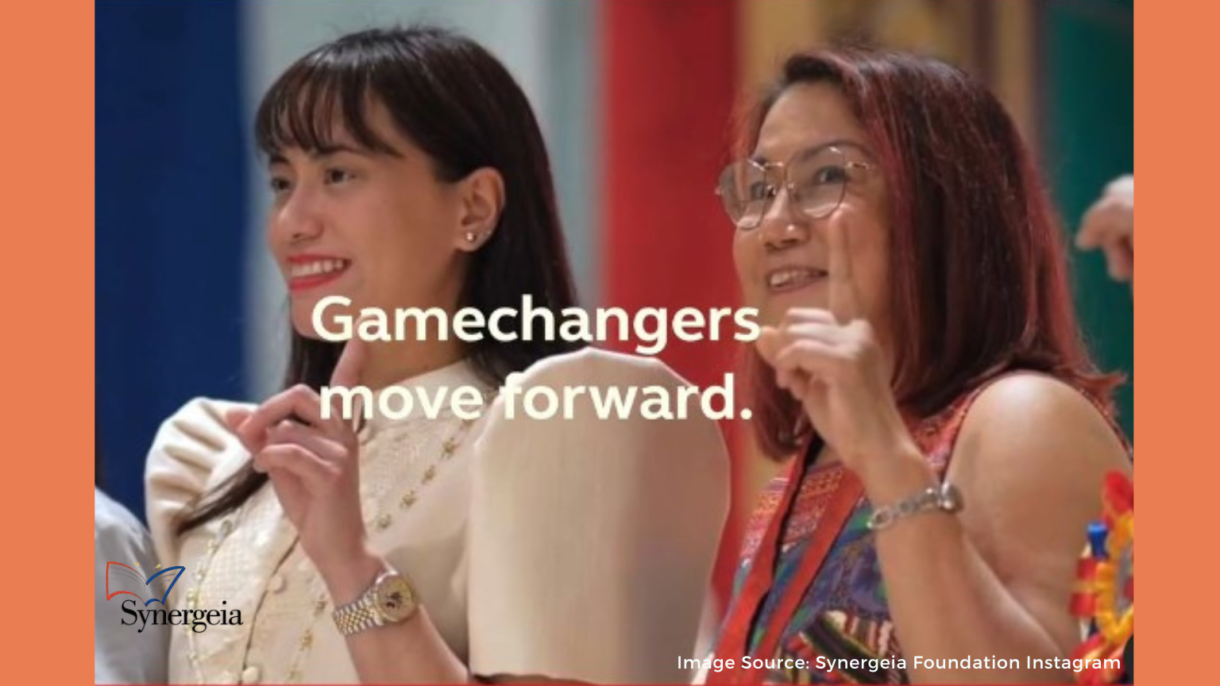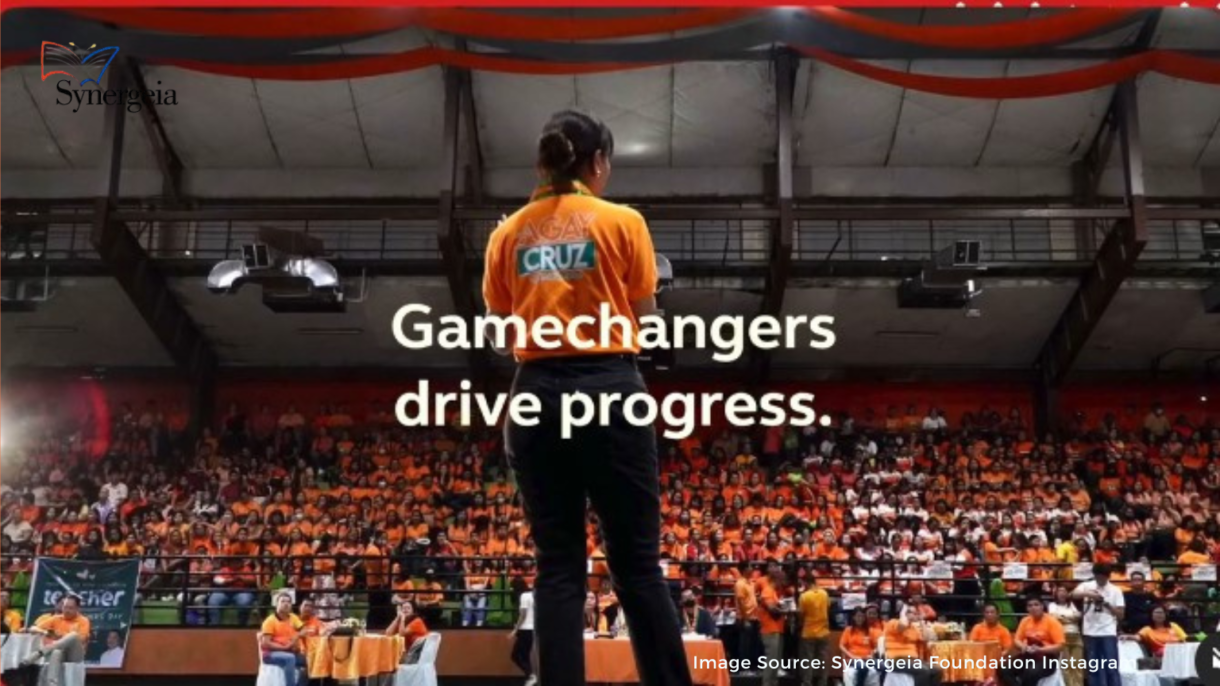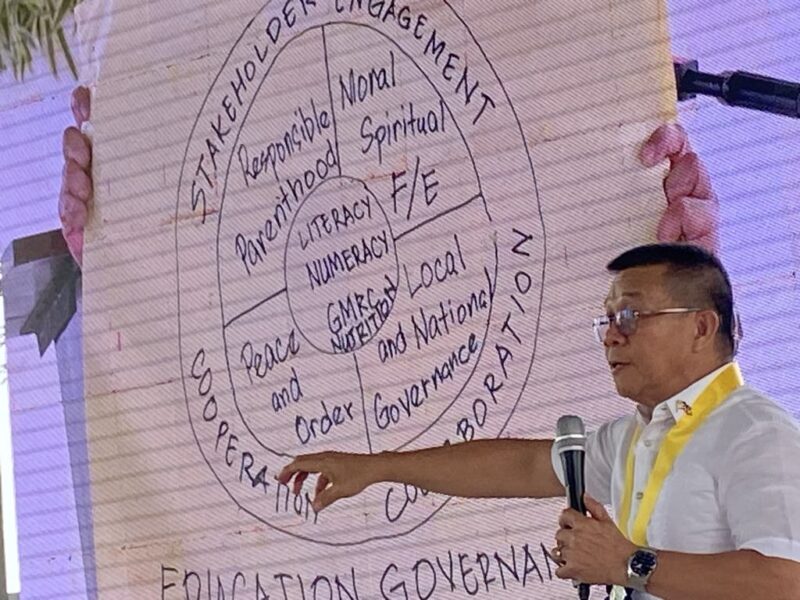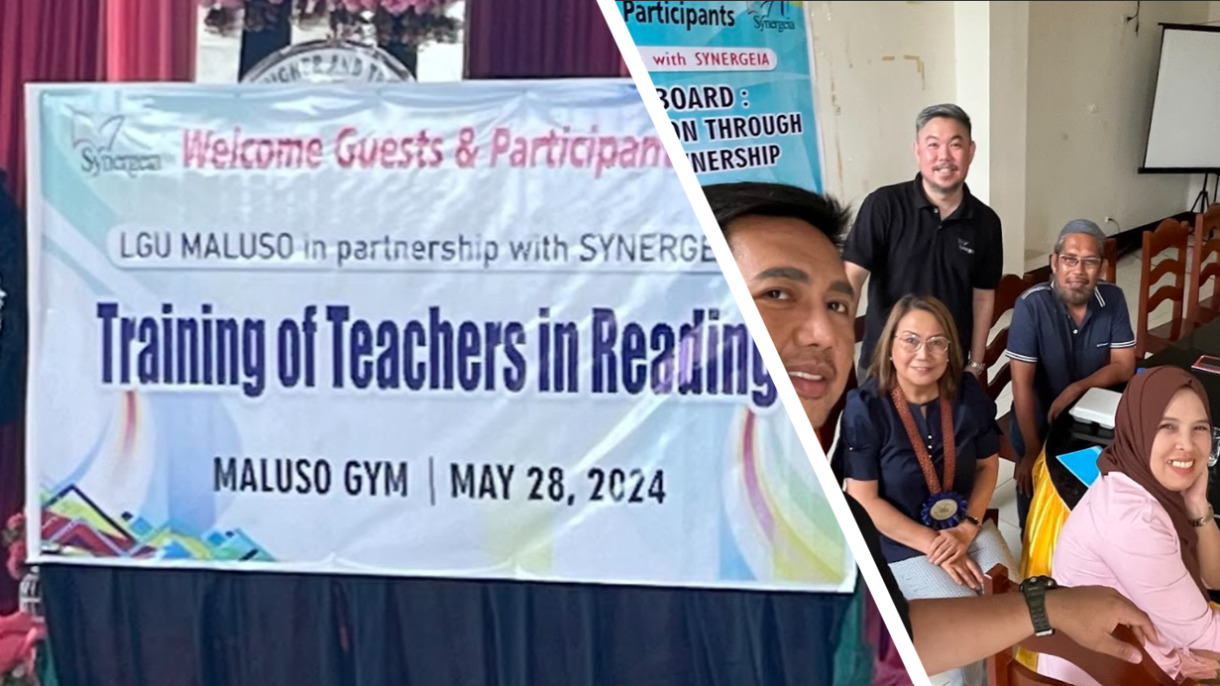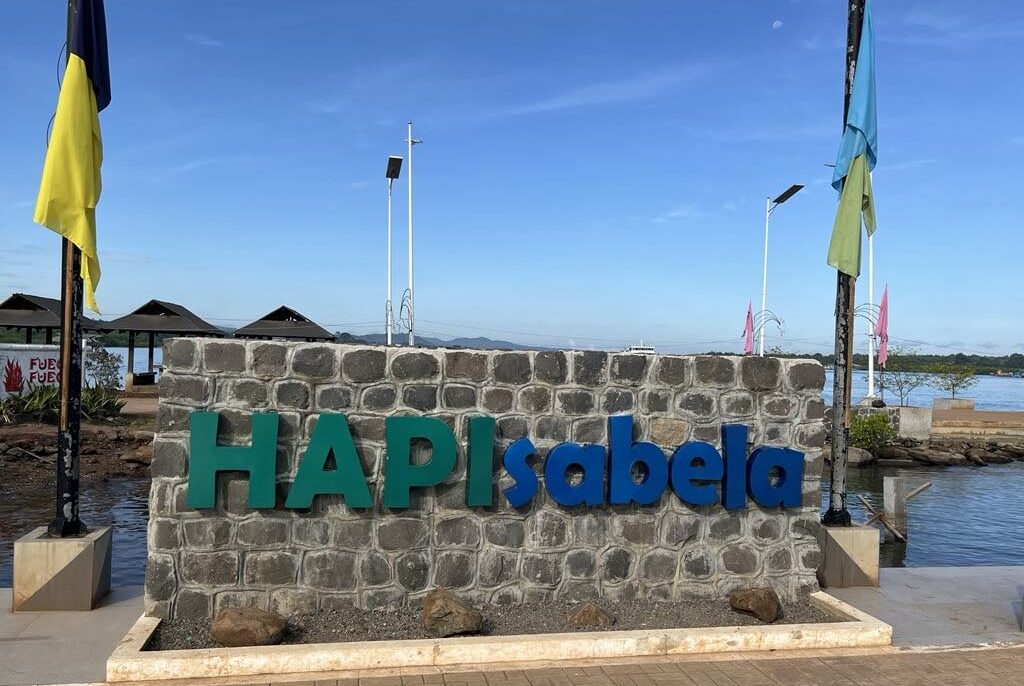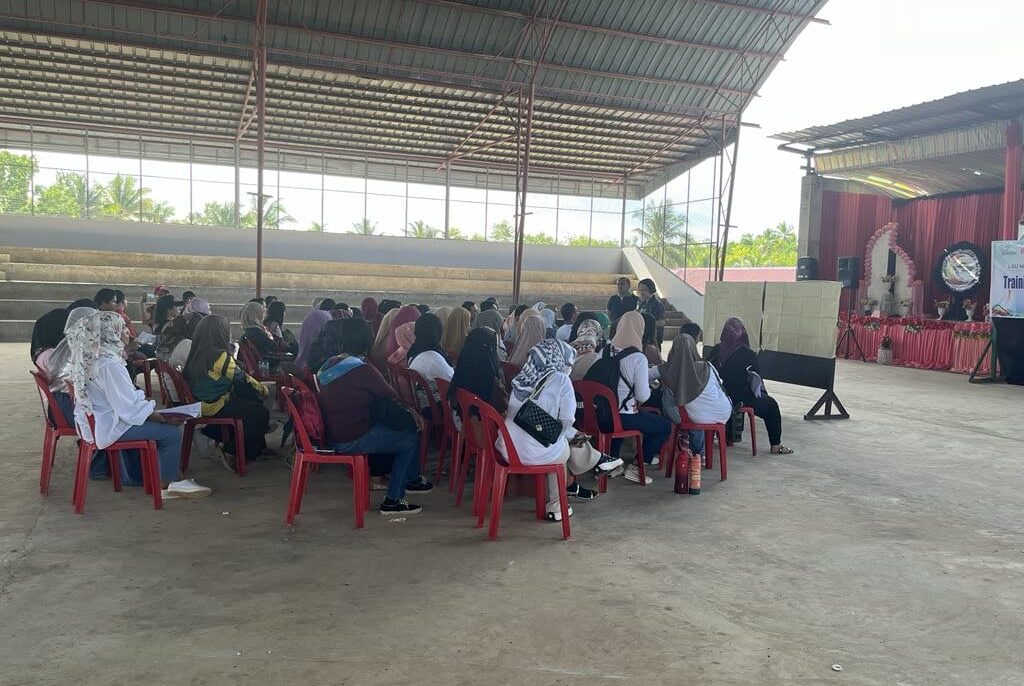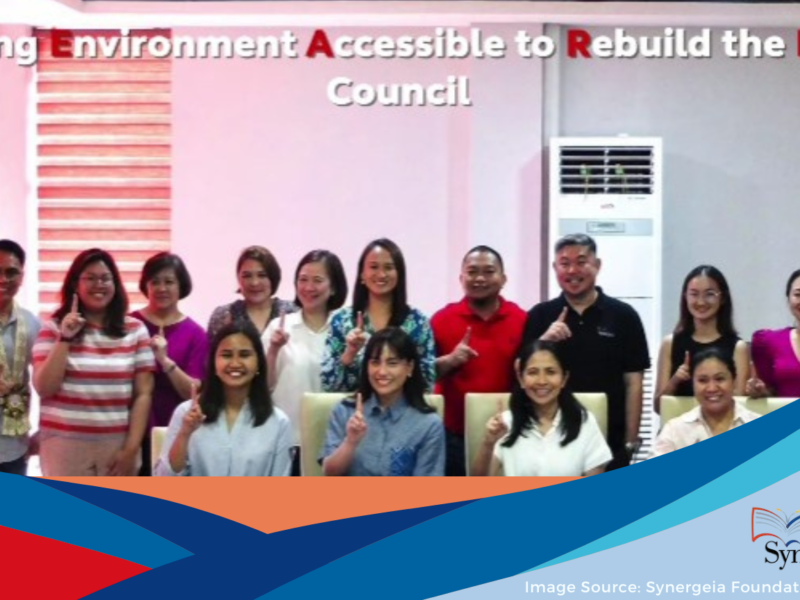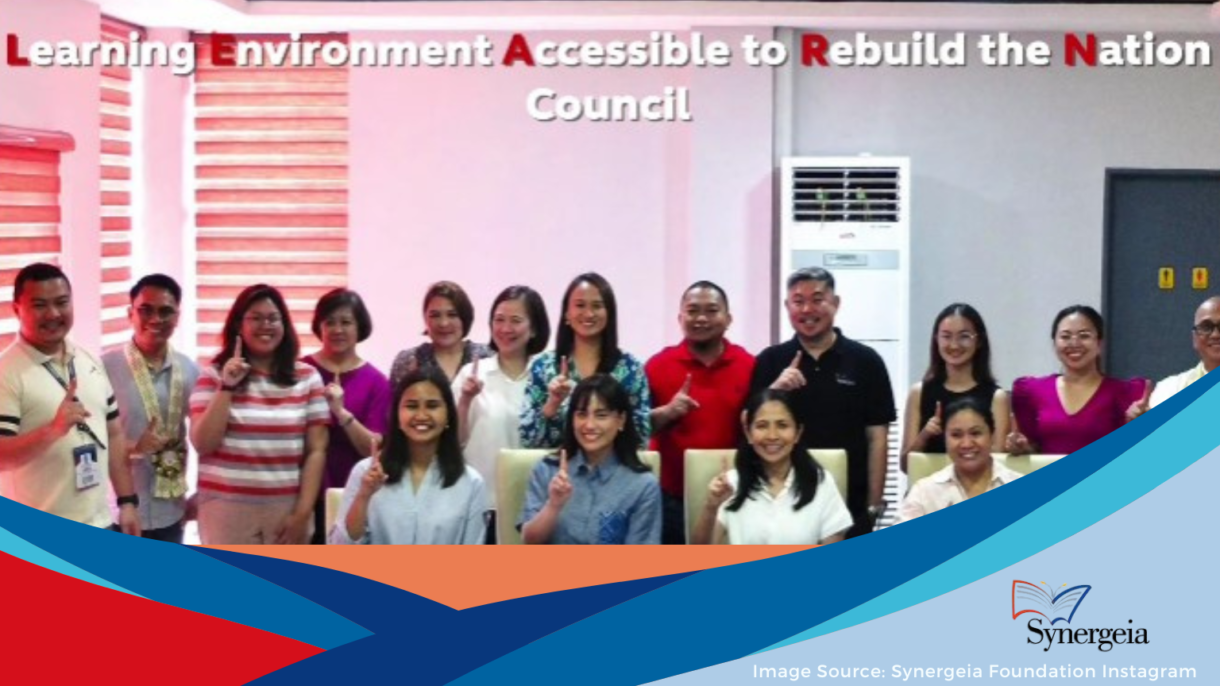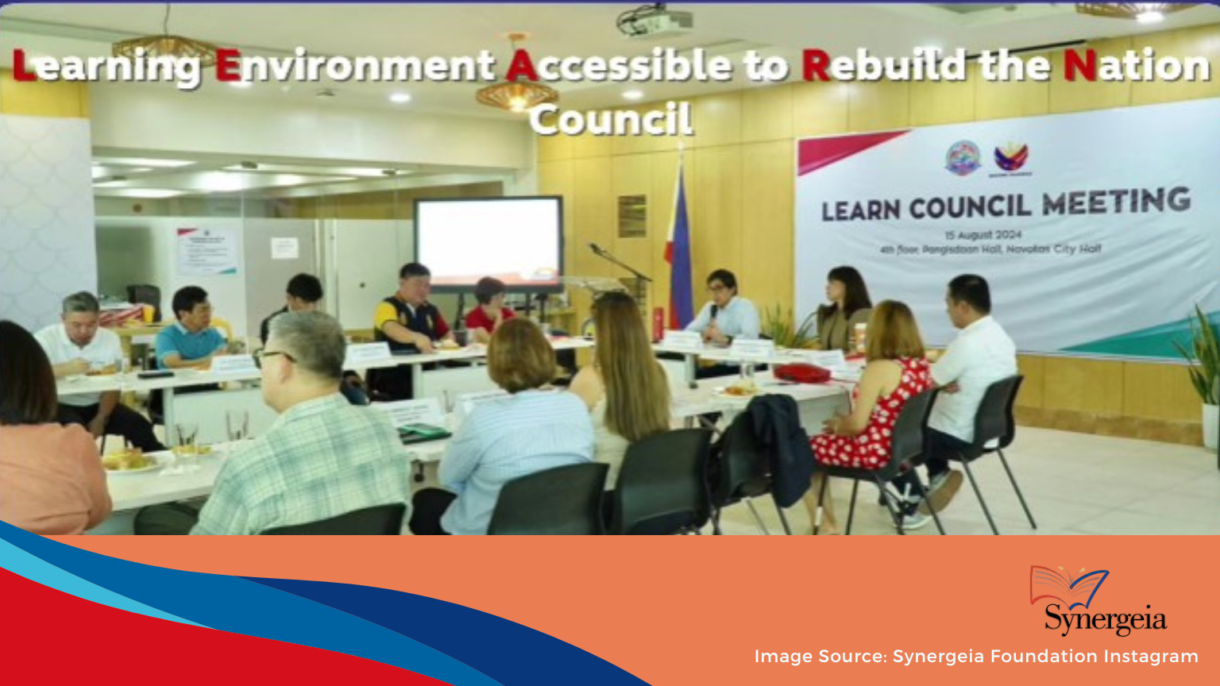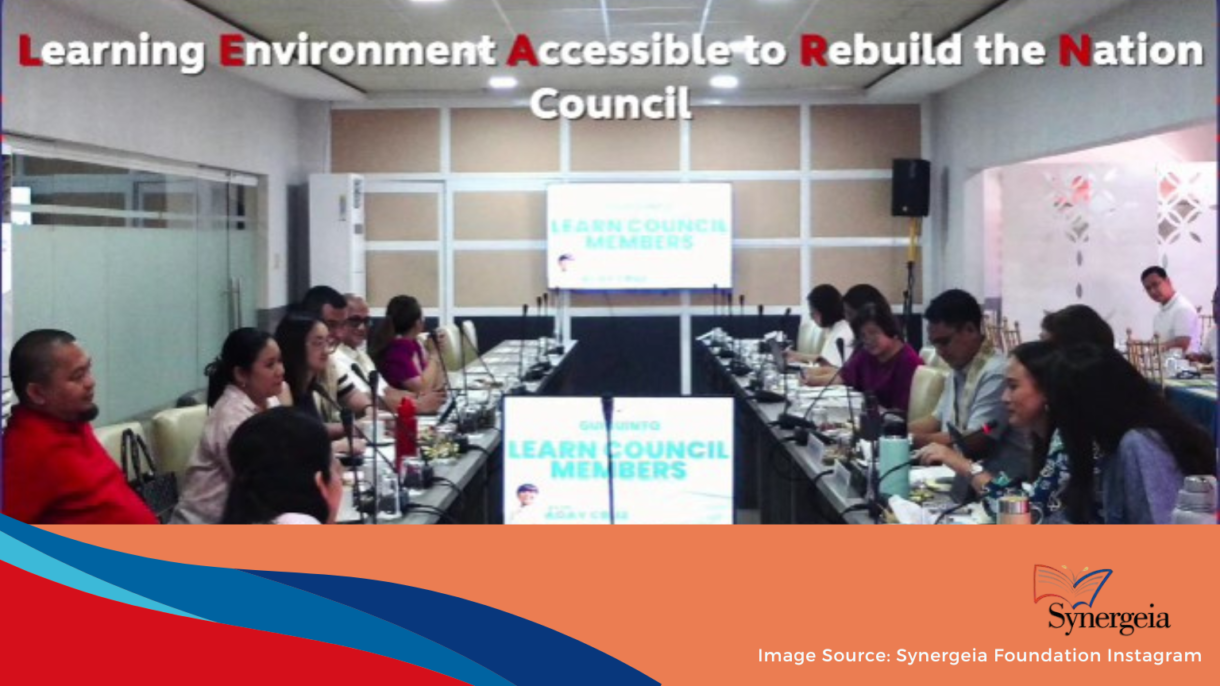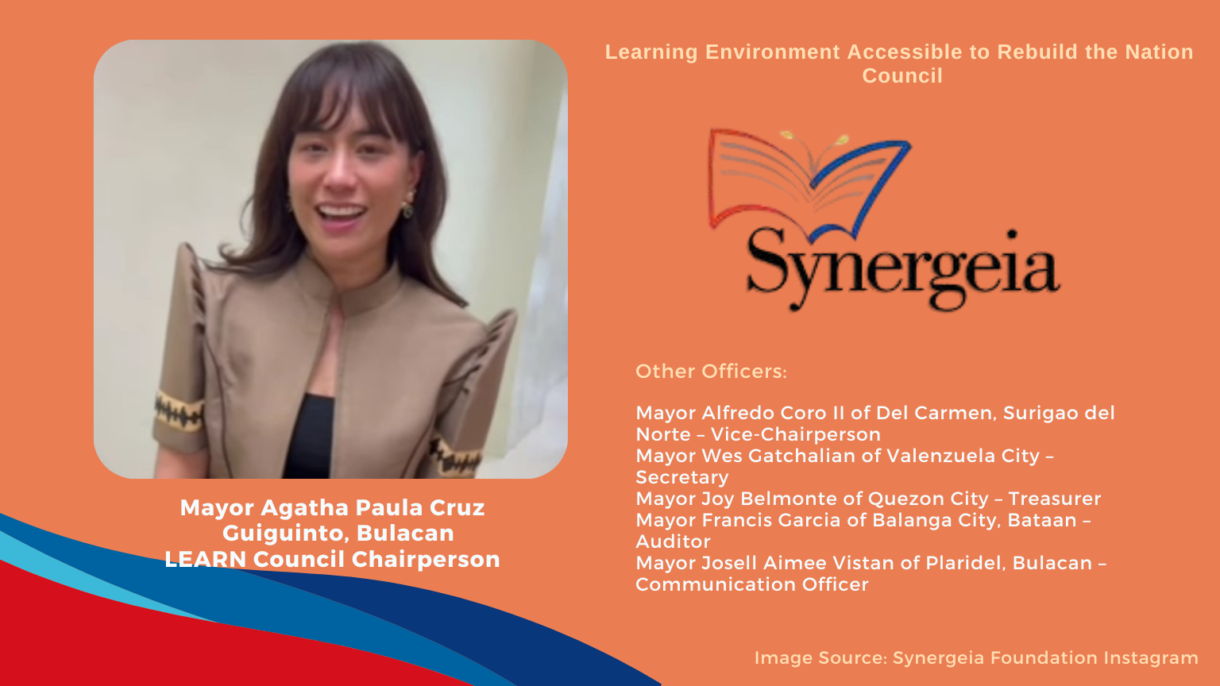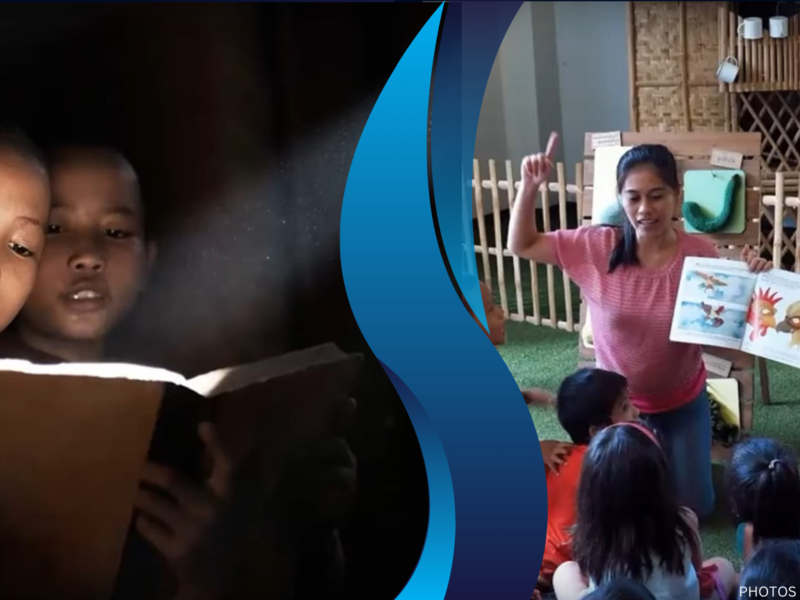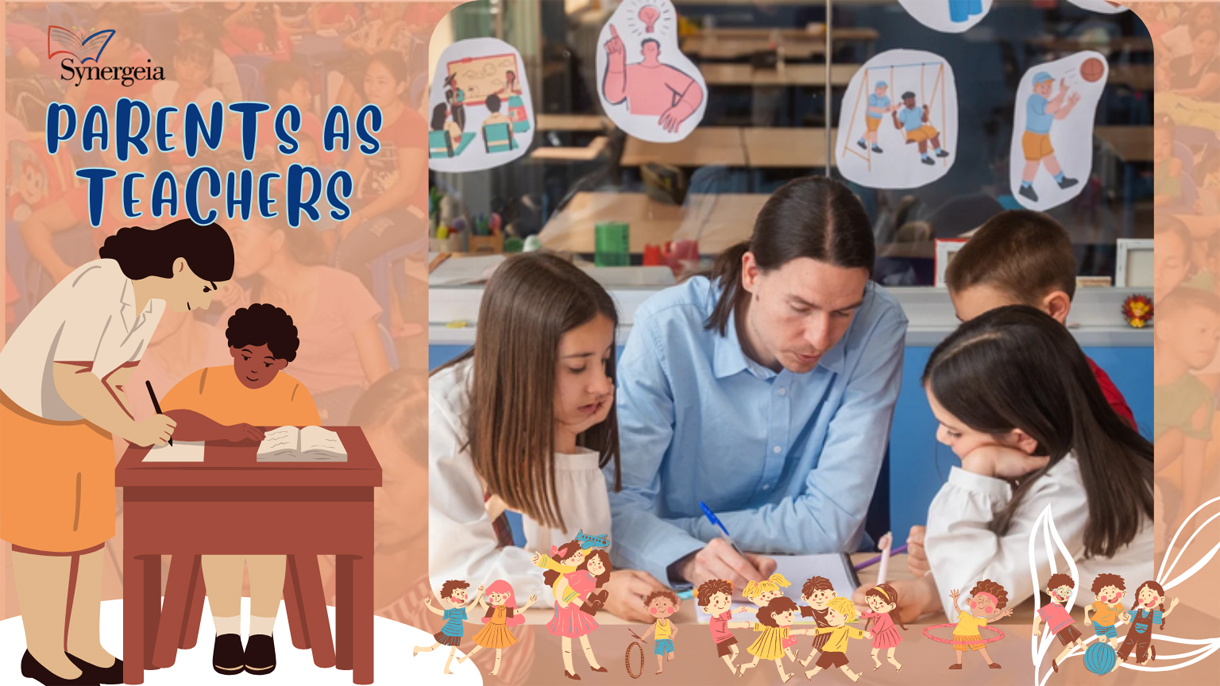
We deliver different parenting workshops depending on the needs of the LGU. We conduct “Nanay-Tatay Teacher” Workshops to build the capacities of parents to support the improved learning skills of their children. We teach parents to inculcate positive attitudes in their children including love for studying and love for reading. We guide them on how they can participate in School Governing Councils and be more active in school activities of their children. A special workshop is conducted by Fr. Michael McGuire, Ph.D in Clinical Psychology, on “Being a good parent means being a good teacher.” He teaches parents to recognize ‘teachable moments’ and use the ‘language of virtues’ with their children. Parents learn how to set clear boundaries and at the same time, to moderate their behavioural controls on their children. “Ako’y Isang Mabuting Magulang” Workshop aims to make parents good role models for their children. Parents start with a self-reflection exercise followed by a short sharing session on their parenting practices and experiences. There are sessions on understanding the rights of children, and on gender equality and sensitivity. Parents have exercises on positive discipline and developing good manners and right conduct so their children can grow up to be good citizens. We help parents deliver education in the new normal. We run a webinar entitled “Nanay-tatay-ate-kuya-tito-tita-lolo-lola Lahat Sila Teachers” Program online and in parallel, developed a parents’ manual that we share with LGUs. We teach parents techniques on how children can learn best such as setting rules, enriching their comprehension skills, through motivation and constant review of lessons, and recognizing that children have different skills and learning styles.
We hold “Pandemic Awareness” Workshops to brief parents on the covid 19 pandemic and health care practices to follow. Parents were taught practical ways to cope with the pandemic such as making an anti-viral solution using zonrox and water which they can use to clean and disinfect surfaces. They also learn how to make simple do-it-yourself (DIY) face masks. We teach simple skills in our “Livelihood Training” for parents of out-of-school children. Mothers and fathers learn haircutting and therapeutic massage. In addition, mothers are taught make-up and manicure-pedicure skills. Parents can apply the livelihood skills they learn to earn income for their families and enable them to send their children to school.
Source: Synergeia
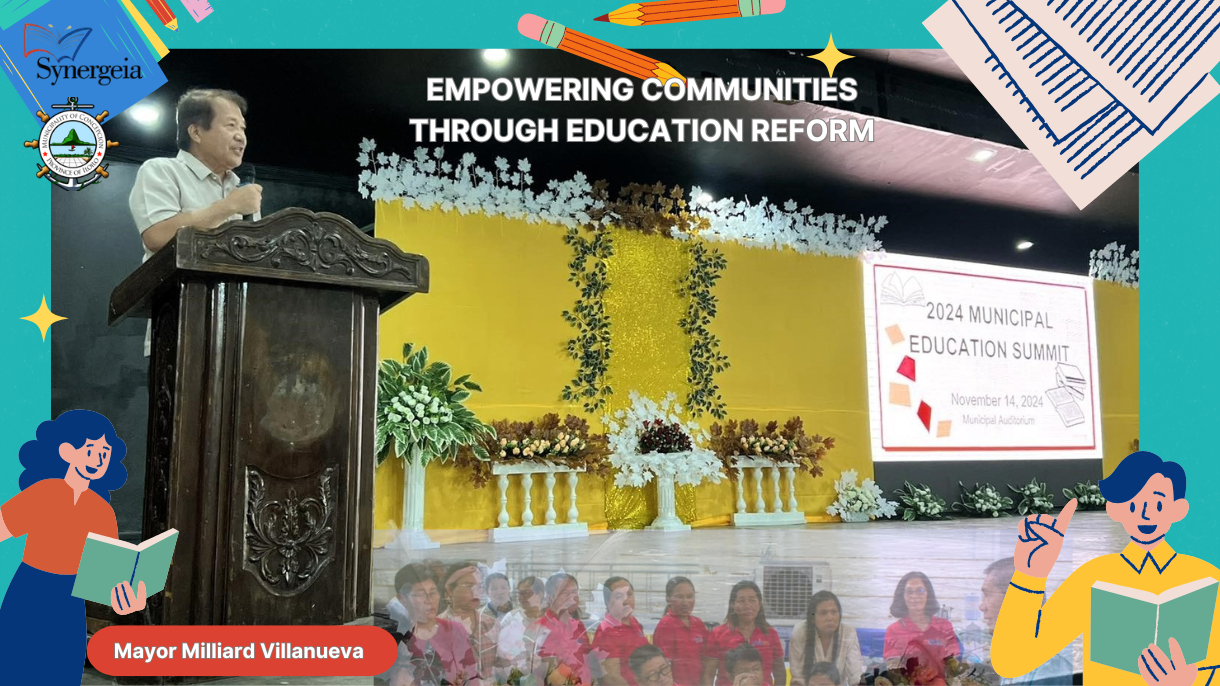
Education Summit of Concepcion, Iloilo: Empowering Communities Through Education Reform
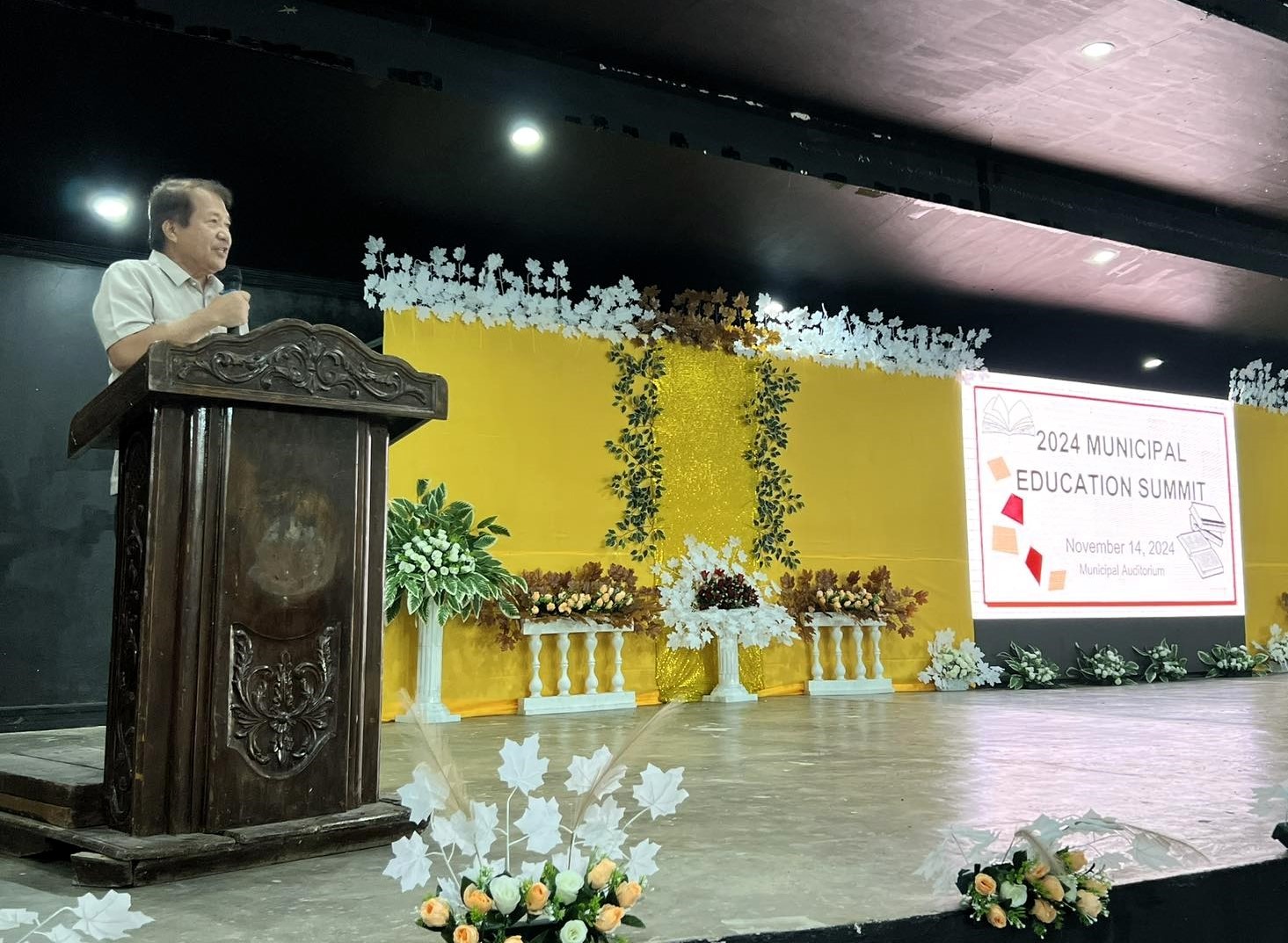
It is often said that empowering communities begins with providing them access to information. With this principle in mind, Mayor Milliard Villanueva, a staunch advocate of education reform, proudly presented the state of education in Concepcion during the recently held Municipal Education Summit. His address highlighted the pivotal role of the Local School Board (LSB) as a platform for fostering transparent, accountable, and inclusive development. He detailed how the Special Education Fund (SEF) is strategically utilized, emphasizing its contributions to a brighter and more inclusive future for every Concepcionanon.
The regular meetings of the Local School Board have become a cornerstone for addressing challenges faced by the education sector. With over half of the municipality’s school buildings located on islands, urgent issues such as infrastructure development and the construction of essential facilities take center stage. These meetings serve as a venue for ensuring transparency and amplifying the voices of schools, guaranteeing that the local government addresses their specific needs and concerns. For School Year 2023-2024, the two educational districts of Concepcion received allocations of Php 4.7 million and Php 3.3 million, respectively.
The town’s dedication to improving literacy and numeracy is evident through initiatives like *Project BATA* (Bata Alerto, Talentado, Asensado) and *Project Milliard* (Multiple Integration of Localized Learning Interventions on Arithmetic and Reading Development). These programs received a significant Php 2.9 million from the SEF budget, reflecting their priority in the municipality’s agenda. Furthermore, since the reopening of schools post-pandemic, Concepcion has rolled out a range of municipality-wide programs. These include remedial education, specialized training for teaching and non-teaching personnel, supplemental feeding, and early childhood care development—all aimed at supporting the holistic development of learners.
For Mayor Villanueva, the transparent and effective use of the SEF embodies his administration’s unwavering commitment to education and the well-being of every learner in the community. By fostering collaboration and addressing pressing challenges, Concepcion continues to build an educational system that empowers its people and shapes a brighter future for all.
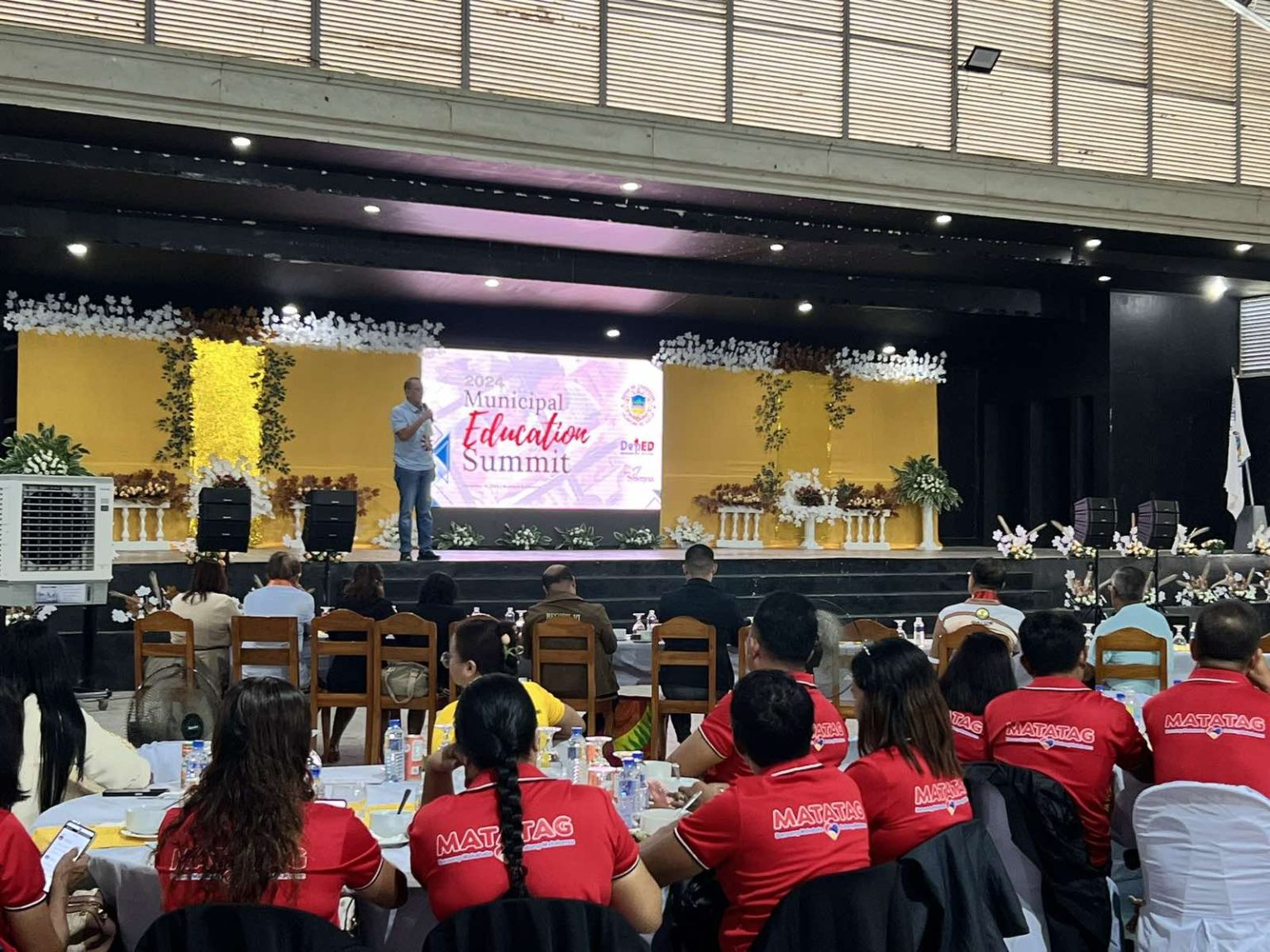
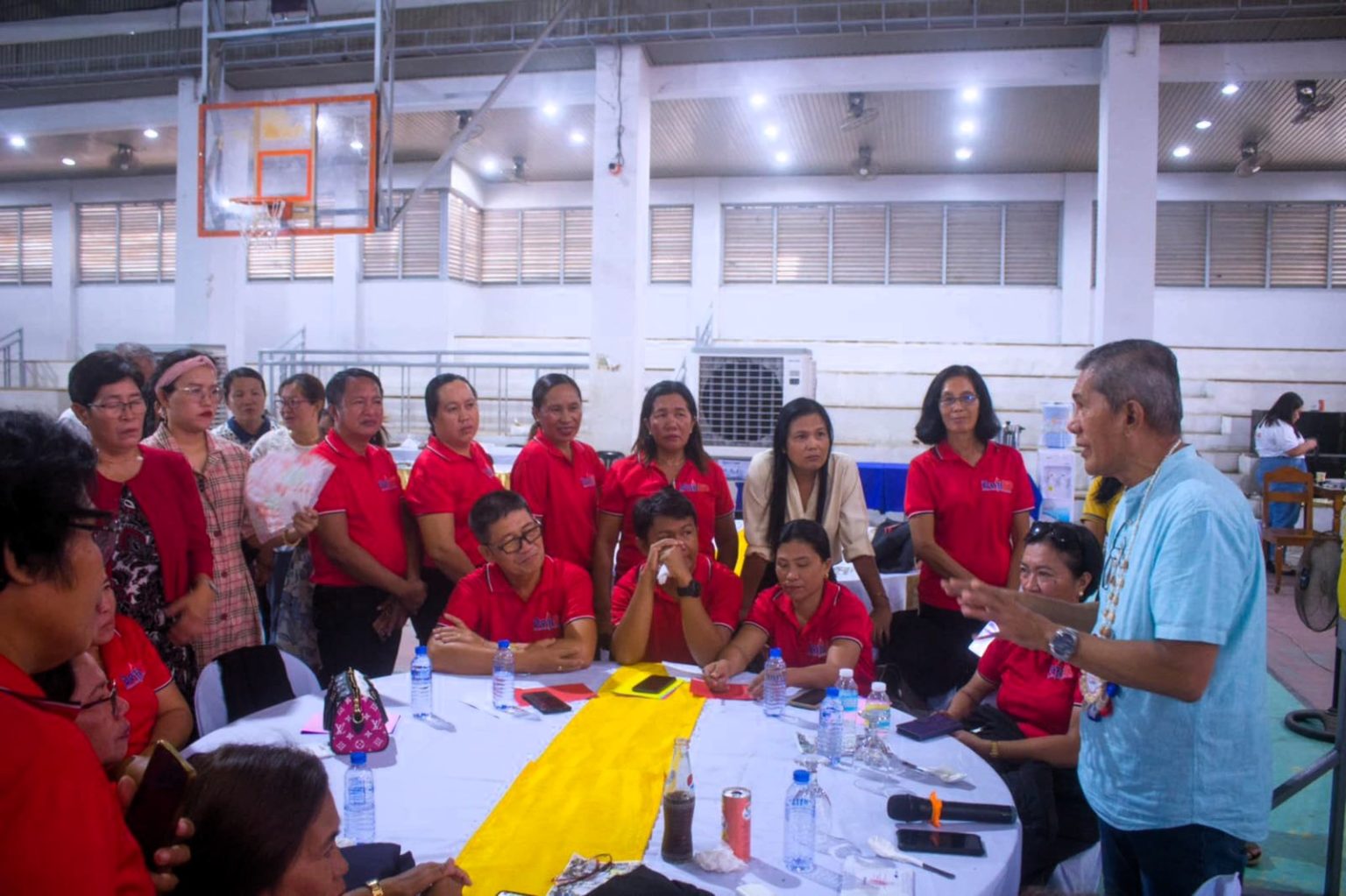
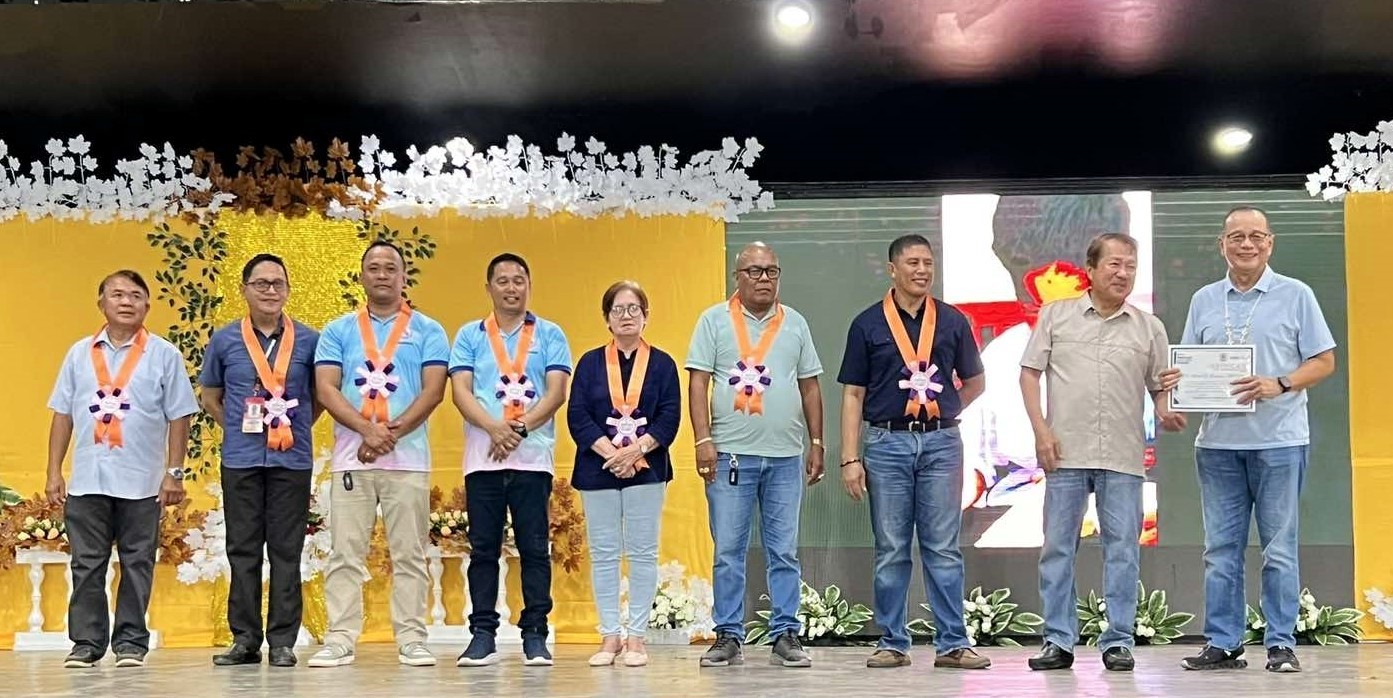
Source: Synergeia
Synergeia: Game Changers
“Before you are a leader, success is all about growing yourself. When you become a leader, success is all about growing others.” – Jack Welch
This paradigm is clearly manifested by Mayor Agatha Cruz of Guiguinto, Bulacan who believes that leading and learning are indispensable to each other.
As a game changer in education, she brings new power to listening, consensus-building, collaboration and partnership in creating a more solid foundation to good governance and education reforms.
Listen to how Mayor Agay, who also now chairs the LEARN Council whose members include the Local Chief Executives from Central Luzon, Southern Luzon, National Capital Region, Eastern Visayas, and Surigao del Norte. leads by learning and innovating with a heart for her community’s goal to put education at the forefront of change and continuous improvement.
Source: Instagram
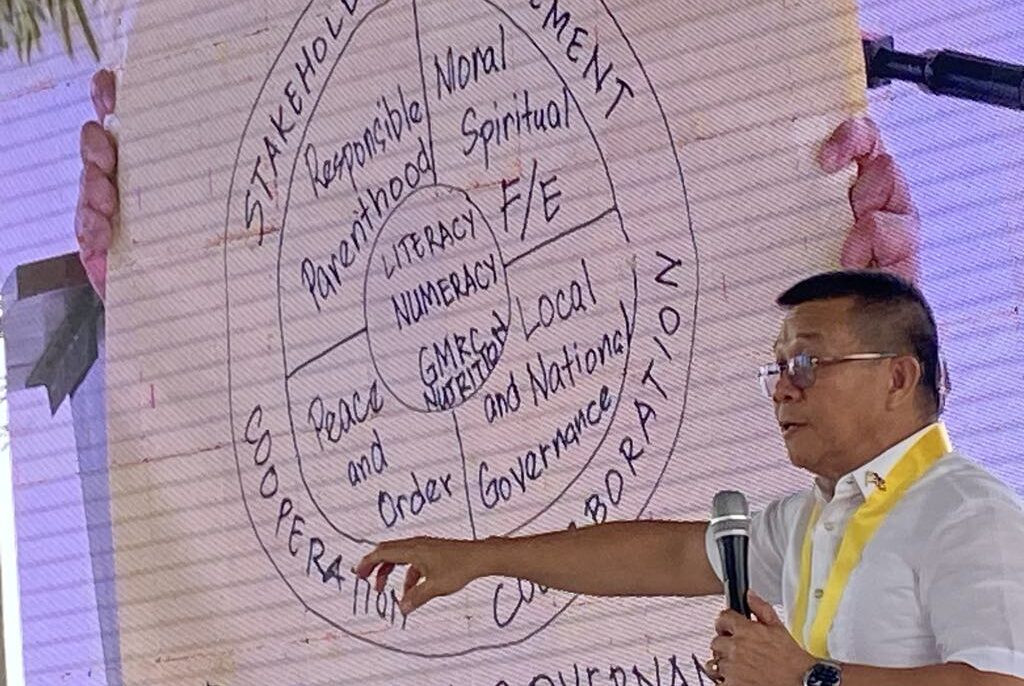
Education Summit in Sara, Iloilo
13 September 2024
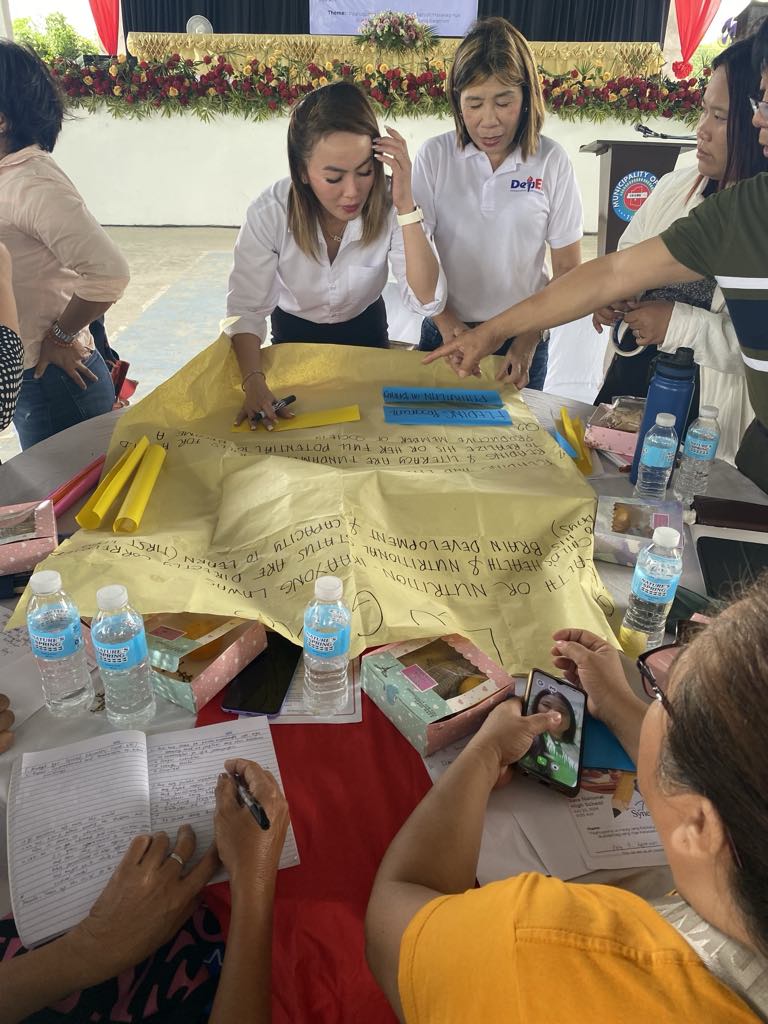
Once a battle-hardened warrior on the battlefields, retired general and now Mayor Jon Aying’s transition as a civilian leader has been remarkable. As 200 people from different walks of life trooped to Sara National High School gymnasium to attend the municipal education summit, Mayor Aying stood tall as he delivered his Education Address to his constituents. He reviewed the schools’ performance indicators, explaining what the figures meant. Starting from enrollment figures for the past three years in elementary and high school, he explained and gave comments for his constituents to clearly understand what those pie and bar charts mean in every performance indicator flashed on the LED board. When he came across the reading proficiency and numeracy indicators, he correlated them to the dismal performance of our school children, who lagged, as shown in the PISA results with the rest of the countries of the world. He also highlighted the nutritional status of the schoolchildren. His message is to develop strategic maneuvers to teach the kids competency in every ladder of their education journey. He told his constituents how the local government spend its Special Education Fund where they matter most: payment for additional teachers, infrastructure upgrades, and community engagements. He ended his message with his favorite African proverb, “It takes a village to educate a child.” He wanted the children of Sara to remember his administration, not for the battles won but for the futures secured.
In the workshop that followed, the participants coming from the PTAs, SGCs, Barangay Captains and the Kagawads in charge of education, LGU officials, Members of the Sanggunian, the religious sector and the CSOs were unanimous in their answers.
For them, the most essential learning areas we need to improve are:
- literacy and numeracy,
- good manners and right conduct, and
- nutrition.
Among the members of the PTA and the SGC, they push for the active involvement of parents in reading, numeracy and nutrition. A group of parents shared that they have been doing rounds of bible studies in schools to teach the kids the correct attitudes and values. Admittedly, school heads observed a decline in the enthusiasm of school children to learn because of the influence of gadgets. The heads of offices and the sanggunian members were passionate about pushing for the improvement of the health condition of the school children by actively supporting programs on health and nutrition by the local government. They commit to legislating local initiatives to improve children’s nutritional status in the first 1000 days. The barangay captain and their kagawads quickly added that every barangay and school should have their community and garden to provide vegetables for the school feeding program.
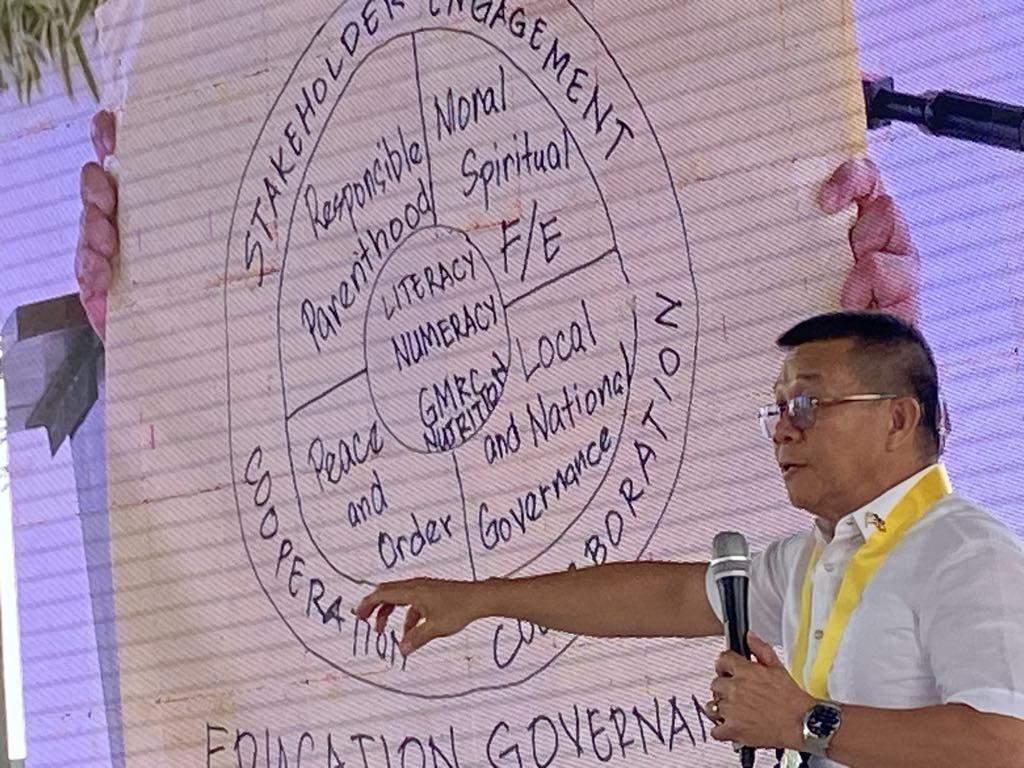
After attentively listening to the workshop reports, Mayor Aying presented his synthesis in a Manila paper he illustrated called the Education Governance Framework. Real-time feedback based on the answers to the workshop questions showed that the various sectors in the Municipality of Sara were pushing for improving literacy and numeracy among the school children to address the continuous decline of the state of Philippine education. Corollary to that is the concern and observation of everyone that today’s schoolchildren hardly say sorry, excuse me, and thank you, to the dismay of everyone. Aside from their nutritional status, it also affects children’s memory, attention, and cognitive abilities. Mayor Aying pointed out that the identified problems are offshoots of the environment surrounding the child, which is the school he goes to, his family including its moral and spiritual orientation, the system of governance both at the local and national levels, and the kind of peace and order situation where he lives. His marching order for everyone is for all stakeholders to cooperate and collaborate towards ensuring a better future for every Saranhon.
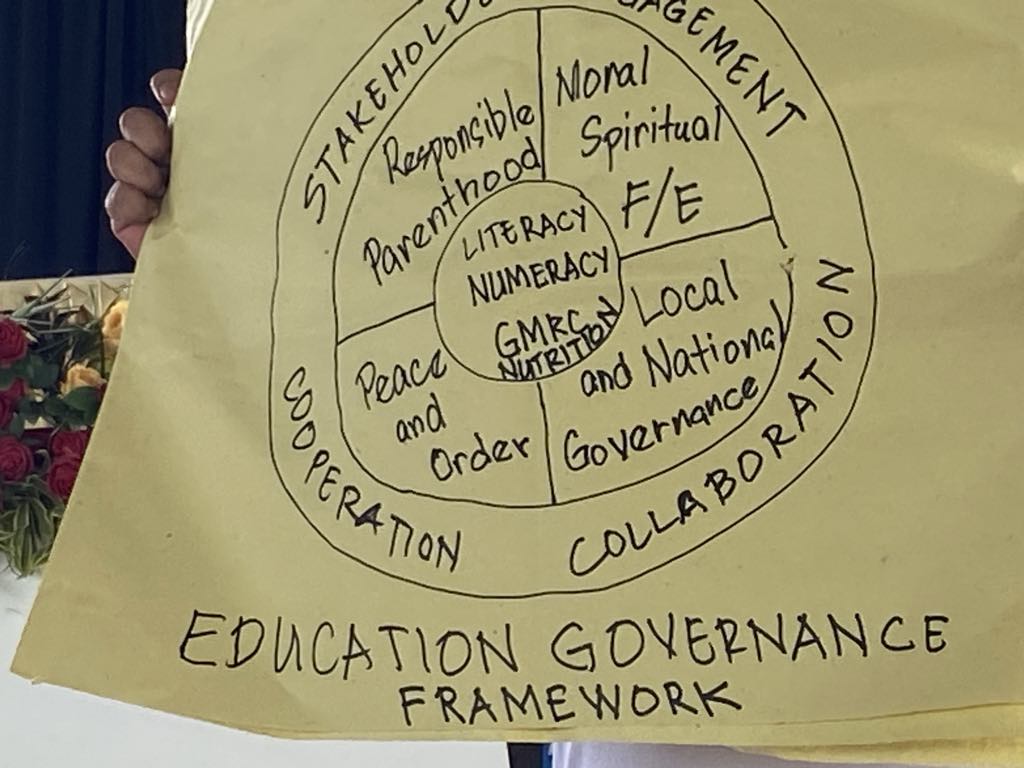
Source: Synergeia
Training of Teachers in Reading with Synergeia
Synergeia Team for Training of Teachers in Reading at Maluso, Basilan with Former Bulacan Governor Josie Dela Cruz, former Vigan Mayor Carlo Medina of Vigan, Dr. Nene Guevarra, former Mayor Beng Climaco of Zamboanga, Kong Tawisil, Synergeia coordinator, and Ms. Annie De Leon of Synergeia.

Training of Principals of Iloilo (Proof of Concept)
(A five part series on the Training of Principals in the Province of Iloilo under the Proof of Concept initiative on the Devolution of Basic Education Towards Better Reading Outcomes to LGUs )

Part 1: Riding on the Journey of Self-awareness
When you see a Principal, what comes to mind?
The Head of a school whose voice demands attention and response. The most powerful and intelligent leader who believes in his power to change situations and people. The penultimate talent whose skills and experiences are above everyone else and therefore possesses the utmost credibility and integrity worthy of the best in its class of school commanders.
So how do you train a Principal without getting a piercing look in the eye, a raised eyebrow or a fierce tone?
Synergeia recently conducted a two day training workshop for 120 school principals from 12 LGUsin the Province of Iloilo, the experimental group for the Proof of Concept initiative on the Devolution of Basic Education Towards Better Reading Outcomes to LGUs.
The training activity was aimed at building the capacities of principals to produce 100 per cent of grade three students as independent readers by the end of school year 2024-2025.
How did the training go? In the end, why did the principals smile in gratitude, raise their right thumbs in approval, and pound their hearts in serious dedication and commitment to their mission of developing good readers of their grade three pupils?
The importance of self-awareness was at the core of gaining acceptance of how the principals viewed their roles, attributes and characters in the jobs that they perform (internal) and how others see them while they do what they are mandated to fulfill (external).
Self-awareness is quite a rare quality. The boldness and courage with which Synergeia filed the spirits and demeanor of the principals to ride on this journey of self-awareness was remarkable.
And the journey became more exciting because the principals didn’t ask “why” but “what” they can learn to see themselves more clearly. They were unanimous in their belief that no matter how much they have achieved, there is always more to learn.
In the process, the principals acknowledged that school leadership is a multifaceted and high expectations role that requires them to think, behave and relate as:
- CEO of a school
- Mentor
- Listener and Consensus Builder
- Team Lead and Collaborator
- Role Models
- Culture builders of learning and achievement
They also recognized that there are challenges confronting them which they must collectively overcome with the help of their local leaders.
Among them, the principals cited conflicts with parents, protection of teachers from aggression, differences in viewpoints with other school officials and superiors, problems in classroom infrastructure and supplies, constant changing of positions and tedious workload.
But the most compelling one was the set of values and skills that they must adhere to as a guide for their decisions, actions and interactions with others.
Part II. Rediscovering The Roles Of The Principals
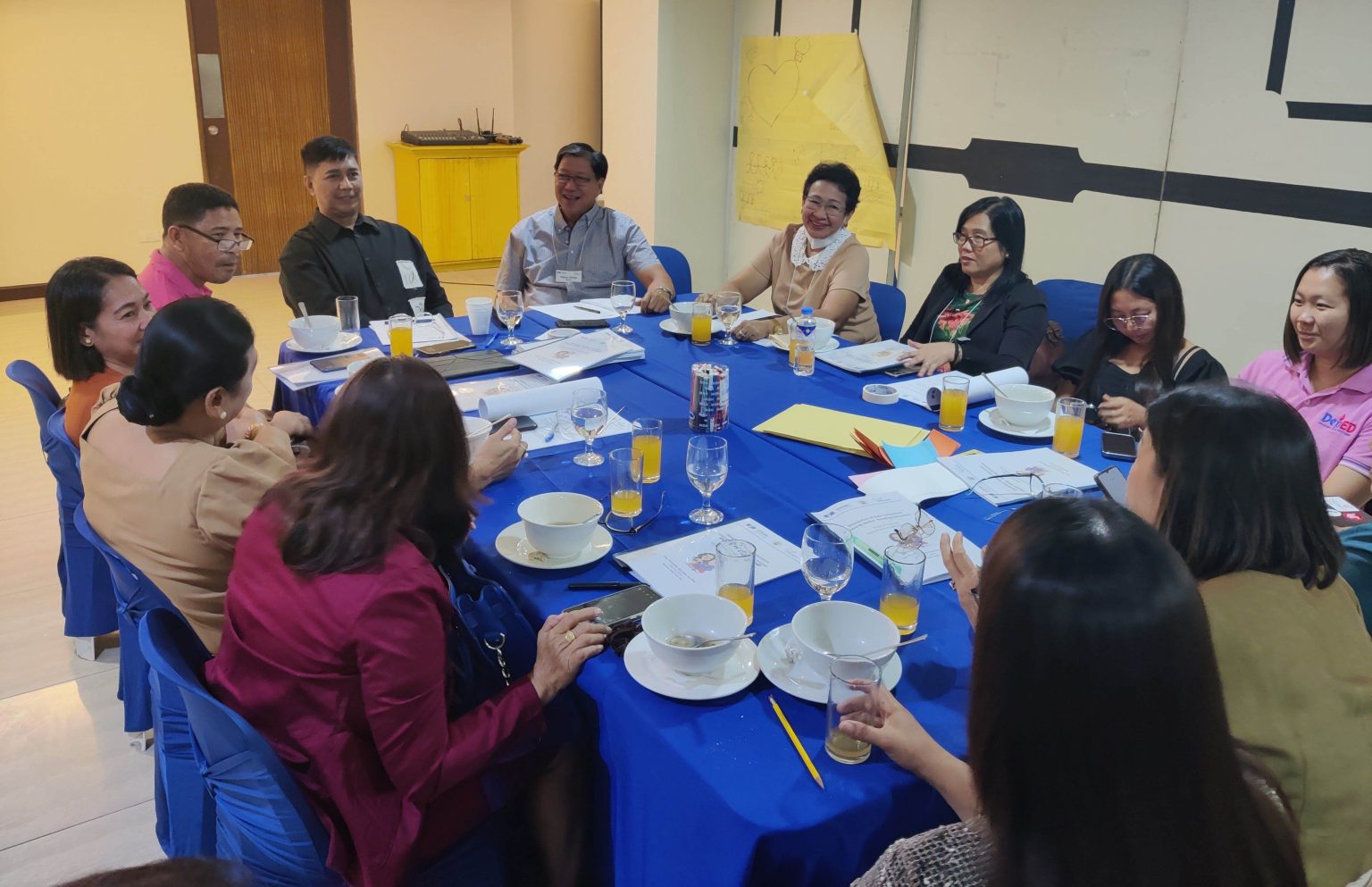
The training was anchored on the outcome of the self-awareness process where the principals rediscovered their roles and how they visualized their transformation as multi-dimensional leaders in their schools.
- As CEO
The principals identified a CEO as the highest leader in an organization or corporation who oversees everything from its vision to execution to sustainability.
They pictured the CEO as the guy who:
- Identifies the problems and priorities;
- Establishes systems and defines processes;
- Sets performance targets or expected outcomes;
- Implements programs that will achieve expected outcomes; and
- Undertakes the monitoring/assessment/evaluation of program results vs expected outcomes.
The principals agreed that their role is like that of a CEO who is responsible and accountable for the school’s performance in terms of learning outcomes, stakeholder management and resource generation.
- As a Mentor
The principals identified a mentor as one who:
- Welcomes and values opinions, ideas, advice from other people;
- Trusts and shows appreciation for teachers’ work;
- Knows, emphasizes and understands concerns of teachers;
- Fosters democracy, objectivity, fairness and equity in decision-making and conflict resolution;
- Focuses on issues without being influenced or pressured by others, including politicians; and
- Ensures transparency, flexibility and accountability.
The principals further agreed that as mentors, they must be role models to inspire others and through time, earn their respect and admiration.
- As Listener and Consensus Builder
Through a case study, the principals were exposed to a potential scenario which raised the questions of how a decision-making process can be more effective through a participatory model characterized by collective listening, insighting and consensus building.
Specifically, the case study revolved around a situation where a principal employed the School Governing Council or SGC to gather inputs and ideas on how the school could increase its potential to obtain a higher passing rate on the National Achievement Test for its students.
The principals found that while a participatory model helps in developing the values of shared responsibility, accountability and transparency and in strengthening empowerment and involvement of stakeholders, there are some
disadvantages. These included inefficiency, lack of competency of some stakeholders, and invariably the prevalence of a less solution-oriented discussion.
Ultimately, the principals agreed that there is good in a more consultative and inclusive process but there is scope for improving how it is done to ensure diversity, equity, transparency and integrity of decision-making. This is most relevant in school programs requiring community support like the Brigada Eskwela, school donation drive, and beautification/cleanliness projects.
- As Team Leader and Collaborator
The concept of team building and collaboration was introduced through creative exercises which resulted in the affirmation of certain truths for the principals, including: a. People have similarities and differences in beliefs, ideas, perspectives and experiences; b. Diversity brings about a different level of quality in the way people think, behave and act which on balance, offers a more thoughtful and provocative alternative to generating community-centric wisdom and building consensus.
The principals acknowledged that the team-building process, from Forming, to Storming, Norming and Performing, is difficult and challenging. But with courage, determination, open communication and alignment in strategy and objectives, the principals agreed that their role as team builders and collaborators can succeed in creating more productive and high impact initiatives in reading and education.
- As Culture Builders of Reading, Learning and Achievement
The principals recognized that as effective school leaders, they help build and shape the culture of their schools in reading, learning and achievement, influence educational outcomes, and impact the lives of students, teachers, staff and communities.
Culture building is a huge mission that not only rests on the shoulders of principals but on the entire educational ecosystem which needs to work together and support each other.
The principals discussed various forms of support from the LSB/LGU, DepEd, teachers, parents and community leaders and members, including:
- LSB
- school building, classroom
- teaching and learning materials
- salaries or allowances of non-teaching personnel
- Teachers
- home visitation; one to one student tutorials/remediation
- community outreach – advocacy campaign, check students’ absenteeism
- conduct of sessions with parents
- create school FB page to showcase school programs and accomplishments and achievement scores
- weekly meeting of teachers e.g. LAC sessions
- encourage parental support and commitment; collaborate with parents
- Parents
- parental support e.g. follow up of lessons at home; become para-teachers
- peer to peer learning and parents mentoring
- regular meeting with teachers; build rapport with teachers
- DepEd
- a dedicated room in school to be used as audio visual room for creative learning
- additional plantilla position for teachers in Batad who will focus on struggling readers
- Principals
- presence and visibility in school daily
- classroom monitoring and follow up
- teacher motivation
- participatory model in decision making
- high intellectual and emotional quotient (IQ and EQ)
- passion for mentoring and belief in teachers’ capacity and efforts
- role models
- LSB
- As Role Models
To become outstanding role models, the principals were equipped with knowledge about personality development and leadership to boost their self-image and confidence while they are performing their jobs.
The principals agreed that combined with competency and professionalism, a remarkable personality imbued with belief and trust in one’s capability and power to make a difference in their schools will boost their potential for higher success in their mission.
Part III. Learning the Value of Data and Its Use

The principals were asked, which is better – too much data, lacking data or no data?
This question extends to many local chief executives who may not appreciate achievement scores or performance data.
The development of the principals’ capacity to use, understand, analyze and manage data to design reading and learning programmes is thus a major objective of this training programme.
The concepts of ratios and percentages were introduced to understanding performance data and thus provide a more rational basis for interpretation and analysis and ultimately, better judgment and decision-making.
Using data on reading performance and percentage and ratio analysis, the principals drew some interpretations, such as,
- Grade 4 female students perform better than male students.
- There still are Grade 6 students who are struggling readers.
- There are more male struggling readers than female.
- There are more female independent readers than male.
This showed that using the reading scores, the appropriate interventions and teaching strategies can be designed to address the reading problem. For instance, Grade 6 students need remediation because there still are struggling readers.
The principals agreed that the proper use, analysis and presentation of data is a strategic tool for deriving sound, timely and effective solutions to reading and learning gaps and issues. It will also facilitate community participation and engagement and elevate discussions to a more data-based insighting and ideation on the best options to address problems.
Part IV. Parting Words from the Local Leaders
What sets the Province of Iloilo apart in this noble experiment on the devolution of basic education to LGUs is how their local leaders talk and walk their talk in the continuing quest for improving the future of our children through reading and education.

Governor Toto Defensor relentlessly emphasized the urgency of turning around from this reading and education crisis which essentially is becoming a threat to our national security.

Mayor Jerry Trenas strongly framed education as a process of “forming” beyond “informing” to deepen our understanding of people, of human capital, who need to be developed and capacitated through education as the fundamental drivers of economic and social transformation of our nation.
With these voices inspiring communities to think and act with a deeper sense of commitment and resolve for better education, how can LGUs fail?
Part V. Delivering Through Commitment and Action

Motivated and driven by their local leaders’ call for commitment and action, the principals consolidated their individual school work plans aimed towards achieving the goal of making every Grade 3 student a reader by the end of SY 2024-2025.
The plans included:
- Conducting a pre-assessment of students to get a baseline and know their weaknesses and needs in reading;
- Meeting with teachers, parents and other stakeholders including the Mayor and LSB mayors to develop a comprehensive reading plan;
- Strategic planning for reading and learning interventions like remediation, provision of reading materials, etc;
- Training of teachers on better strategies and approaches to improve reading, peer-to-peer mentoring, sharing of creative teaching strategies and principals’ mentoring of teachers;
- Training of parents to support reading lessons at home;
- Conducting home visitation of struggling readers and doing one-to-one tutorials;
- Monitoring progress of students’ performance through regular classroom observation and monitoring by principals;
- Sharing of teachers’ best practices which can be done during Learning Action Cell (LAC) sessions;
- Conducting students’ post-assessment;
- Organizing assessment, analyzing results and preparing evaluation reports;
- Presenting the results to school stakeholders and the LGU/LSB and providing recognition and incentives to the highest performing class; and
- Planning for the sustainability of the reading program with the support of LGU/LSB.
Source: Synergeia
There is Something New to Learn About LEARN
First, it is an organization of like-minded local leaders whose vision for education is as long and enduring as its name. LEARN stands for “Learning Environment Accessible in Rebuilding the Nation.”
Second, there is nothing typical about the LEARN Council in terms of its broad membership which compares with the focused, area-centric representation of a standard “regional education council.” It has for its members the Local Chief Executives from across Central Luzon, Southern Luzon, National Capital Region, Eastern Visayas and Surigao del Norte.
Third, because of this more expanded and diversified structure, the LEARN Council rises with a resolute and determined energy and passion, allowing it to joyfully experience a kind of “rebirth” that exemplifies its resurgence towards the opening of a new chapter in its existence.
Its readiness and wherewithal to lead LGUs in the implementation of education governance programs extends beyond a renewal of faith in its mission but more of a strengthening of vigor and dedication to what its name is hoping to achieve.
Finally, the renaissance of the LEARN Council promises to be a living proof of the capability and leadership of its officers and members to improve the reading proficiency of children, share and adopt best practices in education governance and work to encourage more LGUs to be part of LEARN.
Mayor Agatha Paula Cruz of Guiguinto, Bulacan is the new Chairperson of the LEARN Council. Other newly-elected officers are:
Mayor Alfredo Coro II of Del Carmen, Surigao del Norte – Vice-Chairperson
Mayor Wes Gatchalian of Valenzuela City – Secretary
Mayor Joy Belmonte of Quezon City – Treasurer
Mayor Francis Garcia of Balanga City, Bataan – Auditor
Mayor Josell Aimee Vistan of Plaridel, Bulacan – Communication Officer
In its two meetings this year, the LEARN Council has accomplished quite a feat. It reviewed its by-laws and analyzed the education performance of members towards solidifying their goal and success metrics as an education council.
Indeed, we can trust that the LEARN Council is relentless to put education of our children on the right and more progressive track.
Source: Synergeia
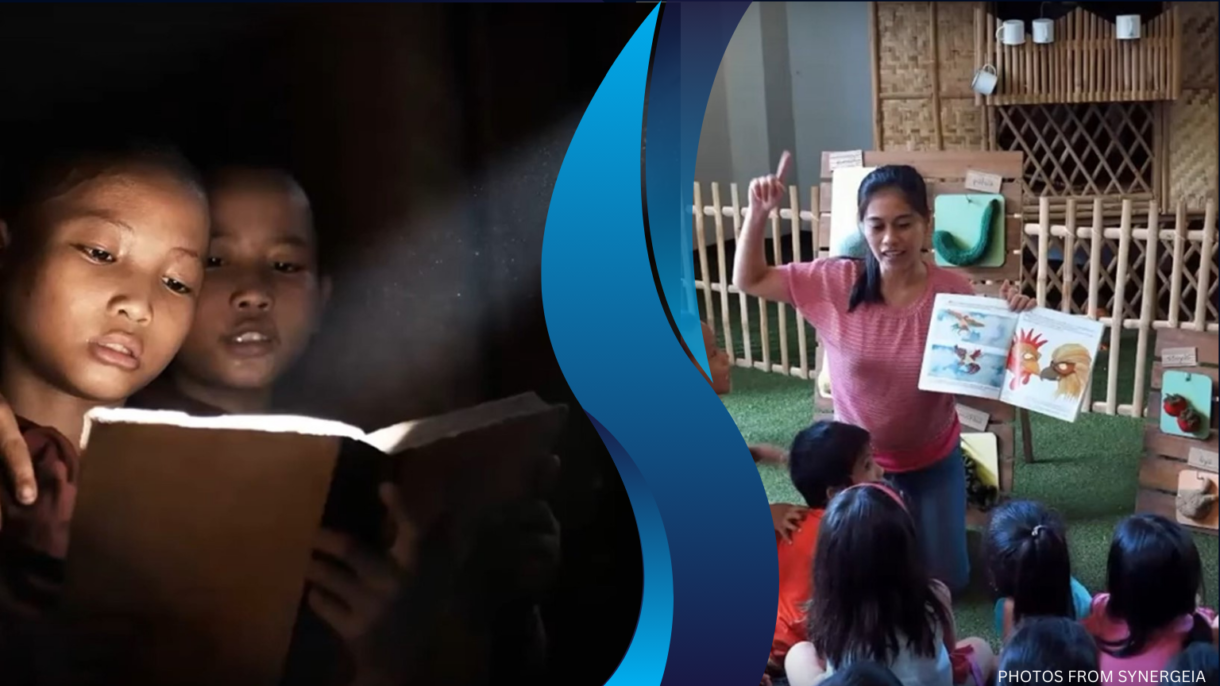
The Governance and Finance of Education by Local Government
March 30, 2023
The study is a persuasive case of how critical the Special Education Fund (SEF) is in the delivery of basic education in the Philippines. The 2018 SEF of P32.98 billion was 15% bigger than the Maintenance and Operating Expenditures (MOOE) that were given to schools by the national government (P28.6 billion). On a per capita basis, the SEF of eight (8) Regions was bigger than the per capita MOOE that the Regions received.
Source: Synergeia

